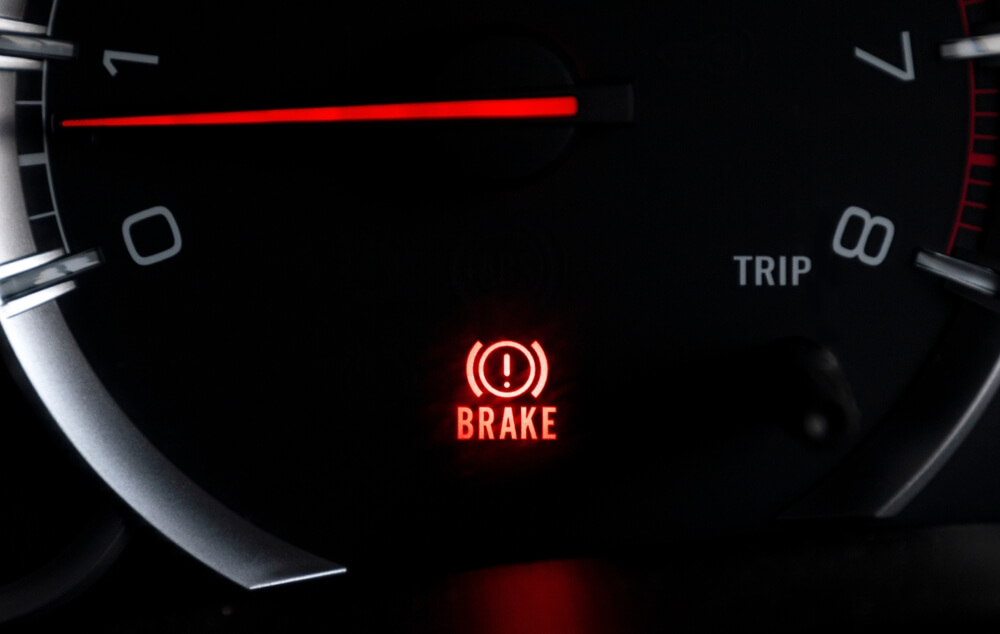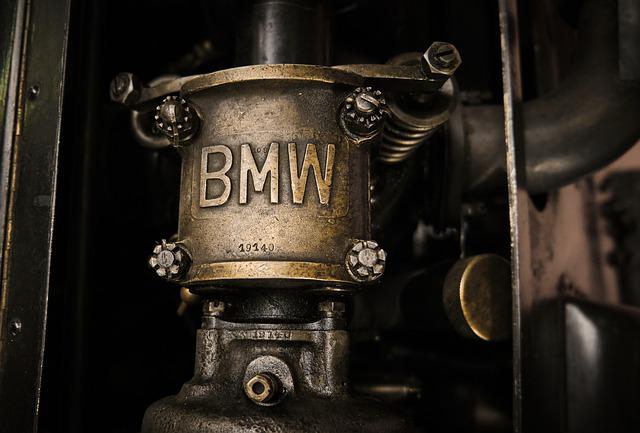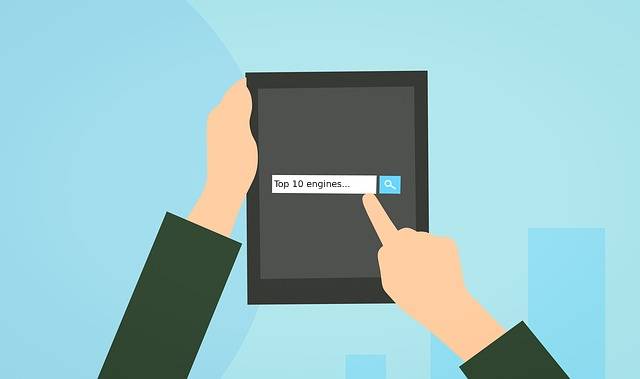What Do Car Vibrations Convey?
Find Used Engines and Transmissions for a Great Price! Live Assistant For Used Engines Call 1800-518-9776

There are many types of signs and symptoms that a car produces when there is a damaged part. One of these signals can be in the form of vibrations. These vibrations can be different, which indicates different types of damage. In this blog, we will be discussing these vibrations in detail so that you can identify them in a time of need, followed by some handy tips to avoid the chances of these vibrations.
Different vibrations can be observed in a car
In this section, we will be looking at the different types of vibrations that are produced by the car.
-
Steering Wheel Vibration: The steering wheel may vibrate as a result of a damaged suspension or incorrectly positioned wheels. The cause of this could be something as simple as damaged tie rods, worn-out tyres, or bent rims.
-
Brake Pedal Vibration: Vibrations when braking might be caused by warped brake rotors or uneven brake pad wear. The irregular contact between the brake parts causes a sense of pulsing.
-
Vibrations in the seats and floor: Damaged axles or uneven wheels result in vibrations that pass through the chassis and affect the seats and floor. Depending on the extent of the injury, these vibrations can have different intensities.
-
Engine vibration: A malfunctioning engine, worn-out engine mounts, or broken exhaust systems are examples of mechanical issues that can cause anomalous engine vibrations that are audible throughout the entire vehicle.
-
Vibrations During Acceleration: Drivetrain problems, such as a broken CV joint or driveshaft, can cause vibrations during acceleration. Higher speeds frequently cause these vibrations to be more audible.
-
Vibrations from the control panel and dashboard: Vibrations that influence the dashboard and control panels may be brought on by electrical faults, such as defective sensors or wiring issues.
-
Uneven Ride: Damaged suspension parts might result in an uneven ride that makes the car bounce or swing excessively and produce recognisable vibrations.
Tips for managing vibrations
Here is a list of things that could be done when facing abrupt vibrations from your car. But before trying to fix any of them, make sure you are aware of what part is malfunctioning.
-
Maintain a regular maintenance programme to avoid wear and tear that could cause vibrations.
-
To prevent uneven wear that may result in vibrations, regularly inspect and balance tyres.
-
To encourage even wear and reduce vibrations, rotate tyres often.
-
To avoid vibrations in the steering wheel, have the wheels adjusted according to the manufacturer's recommendations.
-
To get rid of vibrations in the brake pedal during braking, replace warped rotors and worn-out brake pads.
-
Bushings, shocks, and struts should all be replaced if they are worn out or broken.
-
To avoid excessive vibration, maintain and inspect your control arms and sway bars.
-
Check and lubricate the driveshafts and CV joints in the drivetrain on a regular basis.
-
Drivetrain parts that are worn out or broken should be replaced to reduce vibrations when moving forward.
-
Follow a schedule for frequent oil changes and tune-ups to keep your engine in good shape.
-
Engine mounts should be replaced as needed, and any exhaust system problems should be addressed right away.
-
If the vibrations continue, have a qualified mechanic correctly identify the source.
-
To stop vibrations from harming dashboards and control panels, fix broken sensors and wiring issues.
-
Avoid abrupt manoeuvres like hard acceleration and braking because these might cause vibrations and wear.
-
To avoid vibrations brought on by unequal weight distribution, make sure the load in your car is spread uniformly.
-
Make sure any modifications you've made to your car are expertly installed and straightened out to avoid vibrations.
Conclusion
Vibrations from your car are not something that should be immediately fixed. This will help avoid any serious damage, as vibrations can be early signs of wear and tear. With the tips given, you can easily avoid such situations. And even if there is some problem, you can always take your automobile to the professionals.
If you are in search of quality used engines and transmissions, we might have some great deals for you. Check out our website for Used Engines for further information.
related
You May Also Like

Which BMW Has the Most Horsepower?
A car is useless if it doesn’t have good horsepower. Just imagine driving your car with sluggish acceleration and it drags on the road whenever you take it for a spin.
Read Article
10 Best Engines Made So Far By Top Engine Manufacturers
Over the years, the car industry has seen major changes. Car engines have become smarter and it looks like every new engine that rolls out is better than the other.
Read Article
How to Make Your Car Last Forever?
Isn’t it lovely when a new car works the way you want? The gears shift smoothly and the wheels roll without dragging against the road. But as your car gets older, you’ll notice that it doesn’t drive smoothly, has lower fuel mileage, and overheats easily.
Read Article